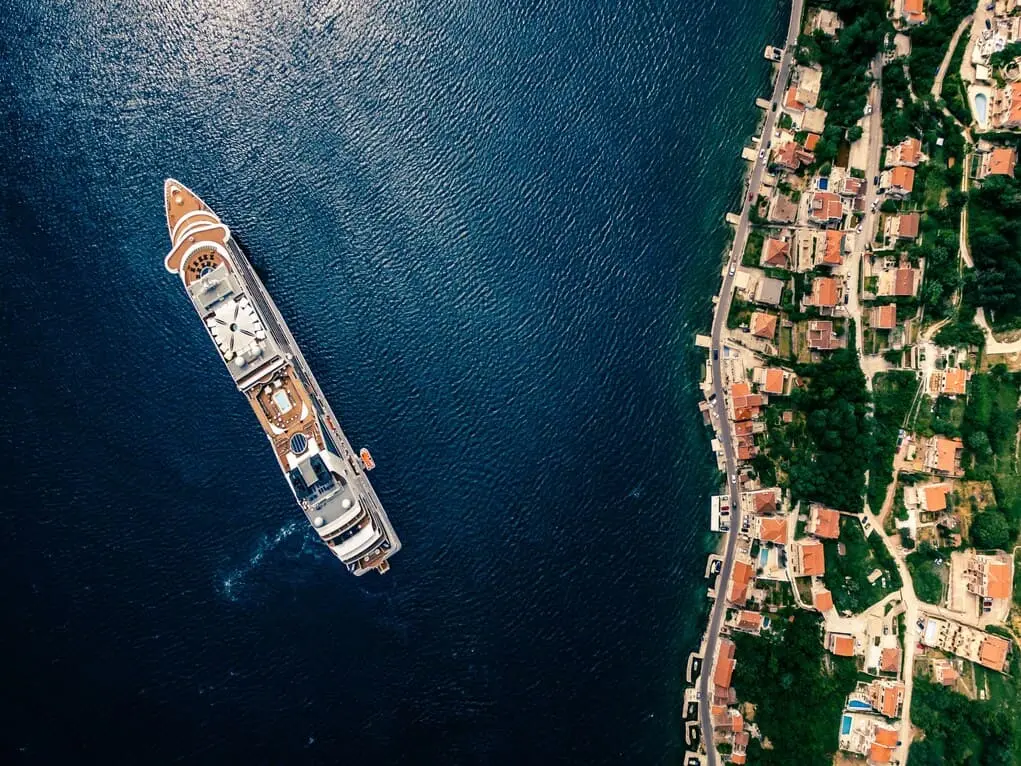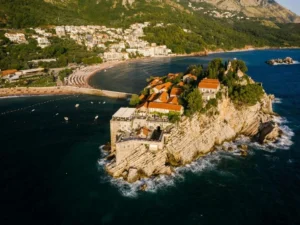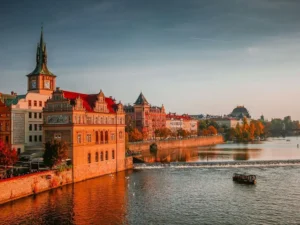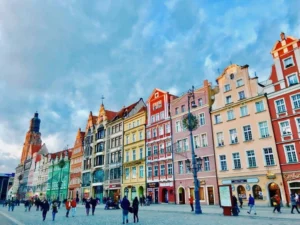To manage an inheritance with assets in different countries, you must identify the applicable law (EU Regulation 650/2012), gather death certificates, apostilles, and sworn translations, determine the competent notary, pay taxes in each jurisdiction, and formalize the distribution and registration of assets.
This process also applies to inheritances in Montenegro with heirs residing in Spain, as well as inheritances in Spain with heirs residing in Montenegro, ensuring proper coordination between both legal systems and compliance with cross-border succession rules.
Below, you’ll find step-by-step guidance, a document/deadline table, and a section of frequently asked questions to simplify the process.
If you’re wondering “how do I manage an inheritance with assets in multiple countries?”, follow these steps and check the quick reference table below.
Table of Contents
Steps
Applicable law and will:
To manage an inheritance in Montenegro, the first step is to identify the applicable law. This generally depends on the deceased’s habitual residence. For cross-border cases, such as inheritances in Montenegro with heirs in Spain, EU Regulation 650/2012 may apply. Carefully review the will, any testamentary declarations, and the professio iuris, to determine the legal framework governing the estate. Knowing the law upfront avoids conflicts and ensures that the inheritance process is fully compliant.
Documentation:
Proper documentation is crucial for a smooth inheritance process. You must gather:
- Death certificates of the deceased.
- Last wills or testaments to verify the deceased’s intentions.
- Inventory of assets, including real estate, bank accounts, and movable property.
- Apostilles for any foreign documents to confirm their authenticity.
- Sworn translations if the documents are not in the official language of Montenegro or Spain.
Having these documents prepared in advance accelerates both adjudication and registration processes.
Notary and representation:
Selecting the competent notary is essential. In Montenegro, the notary or court will oversee the inheritance proceedings, while in Spain, the relevant notaría handles the part of the estate located there. For cross-border cases, such as inheritances in Spain with heirs in Montenegro, powers of attorney may be required so that a representative can act on behalf of distant heirs. Proper representation ensures that all actions are legally valid and recognized in both countries.
Taxes:
Cross-border inheritance taxation can be complex. Key points include:
- Spain: Pay Inheritance and Donations Tax (ISD) and, if applicable, municipal capital gains for real estate.
- Montenegro: Comply with local inheritance tax regulations.
- Double taxation treaties: Review agreements between Spain and Montenegro to avoid paying tax twice.
Paying attention to tax compliance from the start prevents legal issues and unnecessary penalties.
Adjudication and registration:
Once all documents are ready and taxes are accounted for, the next step is adjudication and registration:
- Draft the deed of acceptance or partition.
- Register all assets in the official registers of each country.
- Ensure cross-border recognition, especially for real estate and financial assets.
This step finalizes the inheritance process, giving heirs full legal control over their share.
Note: These procedures apply both to inheritances in Montenegro with heirs in Spain and inheritances in Spain with heirs in Montenegro. Following these steps ensures that you comply with all legal and fiscal obligations, avoid disputes, and secure a smooth transfer of assets.
Documents and deadlines
| Document | Issuer | Location | Apostille/Translation | Approx. Deadline | Approx. Cost |
|---|---|---|---|---|---|
| Death certificate | Civil Registry | Country of death | Yes, if foreign | 3–10 days | €10–30 |
| Last wills / testament | RGAUV / Notary | Spain / foreign country | Apostille + translation if applicable | 3–15 days | €20–60 |
| Inventory of assets | Entities / Registries | Each country | According to document | 1–4 weeks | — |
| Hague Apostille | Competent authority | Issuing country | — | 1–10 days | €20–60 |
| Sworn translation | Certified translator | — | — | 2–7 days | €0.08–0.15 / word |
| Deed of acceptance / partition | Notary | Spain / Montenegro | According to annexes | 1–3 weeks | €300–1,200 |
Taxes
- ISD (Spain): varies depending on Autonomous Community.
- Municipal capital gains: if urban properties in Spain.
- Montenegro: local inheritance tax based on heir status and asset type.
- Double taxation: check bilateral treaties or rules for exemptions/imputations.
Sources: AEAT, BOE, EU Regulation 650/2012
Registration and adjudication
- Draft the deed of acceptance/partition including inventory and allocations.
- Register the inheritance in registries in both Spain and Montenegro.
- Remote representation: use notarized powers of attorney and legalizations if necessary.
Frequently Asked Questions
How to manage an inheritance with assets in different countries?
Identify the applicable law (EU Regulation 650/2012 for cross-border cases), gather all necessary certificates, legalize and translate documents, determine the competent notary or court, pay taxes in each jurisdiction, and formalize the inheritance through adjudication and registration of assets. Follow the step-by-step guidance and refer to the document/deadline table above.
How to manage an inheritance in Monaco?
Follow these steps: establish the applicable law, collect required documents (CSE, apostilles, translations), work with a competent notary or representative, fulfill tax obligations in Spain and the foreign country, and finalize the process with the deed of acceptance and registration of assets.
What documents do I need (CSE, apostille, translations)?
You will need death certificates, last wills, an inventory of assets, apostilles, and sworn translations for any documents issued abroad. Ensure all documents comply with the requirements of each country involved.
Where do I pay taxes if assets are in two countries?
Taxes are payable in Spain (Inheritance and Gift Tax [ISD] and municipal capital gains, if applicable) and in the country where the asset is located or where the deceased was resident, following local legislation and any applicable double taxation treaties.
Can I manage everything remotely?
Yes, it is possible to manage the inheritance remotely using notarized powers of attorney and legalized documents. The competent notary typically accepts representation by an authorized person.
Legal references
Conclusion:
Managing an inheritance in Montenegro can be complex, particularly in cross-border situations involving Spain. The most reliable and efficient way to navigate the legal, tax, and registration processes is to seek professional assistance from Grupo Hereda, who can guide you through every step smoothly and securely.
Grupo Hereda
Grupo Hereda is a law firm specialized in international and national inheritances, with more than 25 years of experience handling complex succession cases.
We assist with inheritances in Montenegro involving heirs in Spain, as well as inheritances in Spain with beneficiaries residing in Montenegro or other countries.
Our legal team coordinates every phase of the process from obtaining certificates and apostilles to settling taxes and registering assets in the corresponding registries.
If you’re unsure how to manage an inheritance in Montenegro Grupo Hereda guides you step by step, offering comprehensive legal advice and remote representation.
We also manage all types of international and national inheritances, ensuring legal security and time efficiency.
💬 Free Consultation:
If you are facing a complex inheritance or don’t know where to start, don’t give up your rights.
Contact us, and we will find a personalized solution for your case.
📞 Call us: (+34) 915 487 550
📧 Email: info@grupohereda.com
🌍 We operate throughout Spain and handle international inheritances across Europe and beyond the EU.






